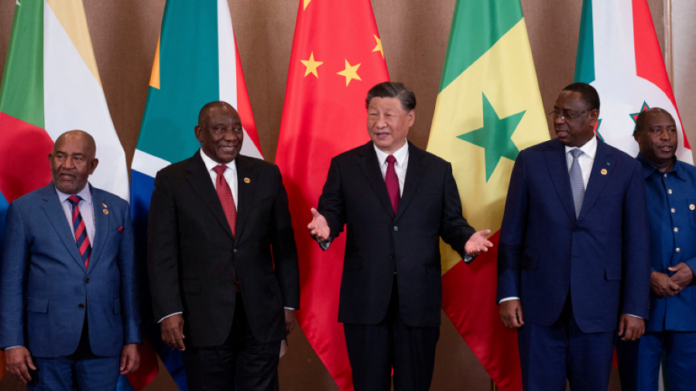In June 2024, South Africa entered a new chapter in its political history, with the African National Congress (ANC) forming its first coalition government since the advent of democracy in 1994. This shift was accompanied by significant changes in the administration of the country’s science and education sectors. The president, Cyril Ramaphosa, made a notable decision to separate the Department of Science and Innovation (DSI) from the Department of Higher Education, which had previously been merged as part of a cost-saving measure. Blade Nzimande, the former minister of higher education, was appointed as the head of the newly independent DSI.
Himla Soodyall, a renowned human geneticist and the executive officer of the Academy of Science of South Africa (ASSAf), shared her insights on these developments. Soodyall, who was involved in the international Genographic Project that mapped human migrations using DNA, expressed optimism about the separation of the two departments. She highlighted that the standalone DSI would allow for greater focus on science, technology, and innovation, which she sees as crucial responsibilities of the state.
She acknowledged that while the merger of the two departments had created opportunities for alignment and synergies, the DSI and its affiliated entities, including ASSAf, had always operated with a degree of independence. This autonomy, she argued, allowed them to manage their responsibilities effectively, even when collaboration with the Department of Higher Education was necessary. With the DSI now functioning independently, Soodyall believes that the department can better implement its goals, particularly those outlined in the Science, Technology, and Innovation Decadal Plan 2022-2032.
Despite her confidence in the new structure, Soodyall did not shy away from discussing the challenges facing South African science. One of the most pressing issues is the significant budget cuts that have affected the National Research Foundation (NRF), the main conduit for government funding to research institutions. These cuts have led to a reduction in support for postgraduate students, particularly those from disadvantaged backgrounds. Soodyall explained that while the NRF has tried to ensure that students who do receive support are adequately funded, this has resulted in fewer students being supported overall, which could have long-term implications for the country’s research output.
The situation is further complicated by the high attrition rates among postgraduate students, particularly those in disciplines like pathology, where internships are required for graduation. These internships are in short supply, and the lack of support for them means that fewer graduates are entering the workforce with the skills they need. Soodyall emphasized that this creates a gap in the system, where the training and education provided do not fully translate into employable skills.
Soodyall also touched on the role of the private sector in supporting scientific research and training. While she acknowledged that public-private partnerships are desirable, she pointed out that the private sector often relies on the public sector to produce skilled graduates. Given the economic challenges brought about by the COVID-19 pandemic, there is uncertainty about the extent to which the private sector can step in to fill the funding gaps left by government cuts.
Despite these challenges, Soodyall remains optimistic about the future of science in South Africa. She believes that the DSI, under the leadership of Blade Nzimande, is well-positioned to continue its work in advancing science and innovation. She also stressed the importance of better communication from the department to ensure that the public is aware of the significant scientific advancements being made in the country. Soodyall concluded by expressing confidence in the quality of South African science, which she believes is on par with international standards, and she called for continued efforts to build on the progress made so far.
















 The African Research (AR) Index is a comprehensive scholarly directory and database focused explicitly on journal publishers that publish and disseminate African research.
The African Research (AR) Index is a comprehensive scholarly directory and database focused explicitly on journal publishers that publish and disseminate African research.

